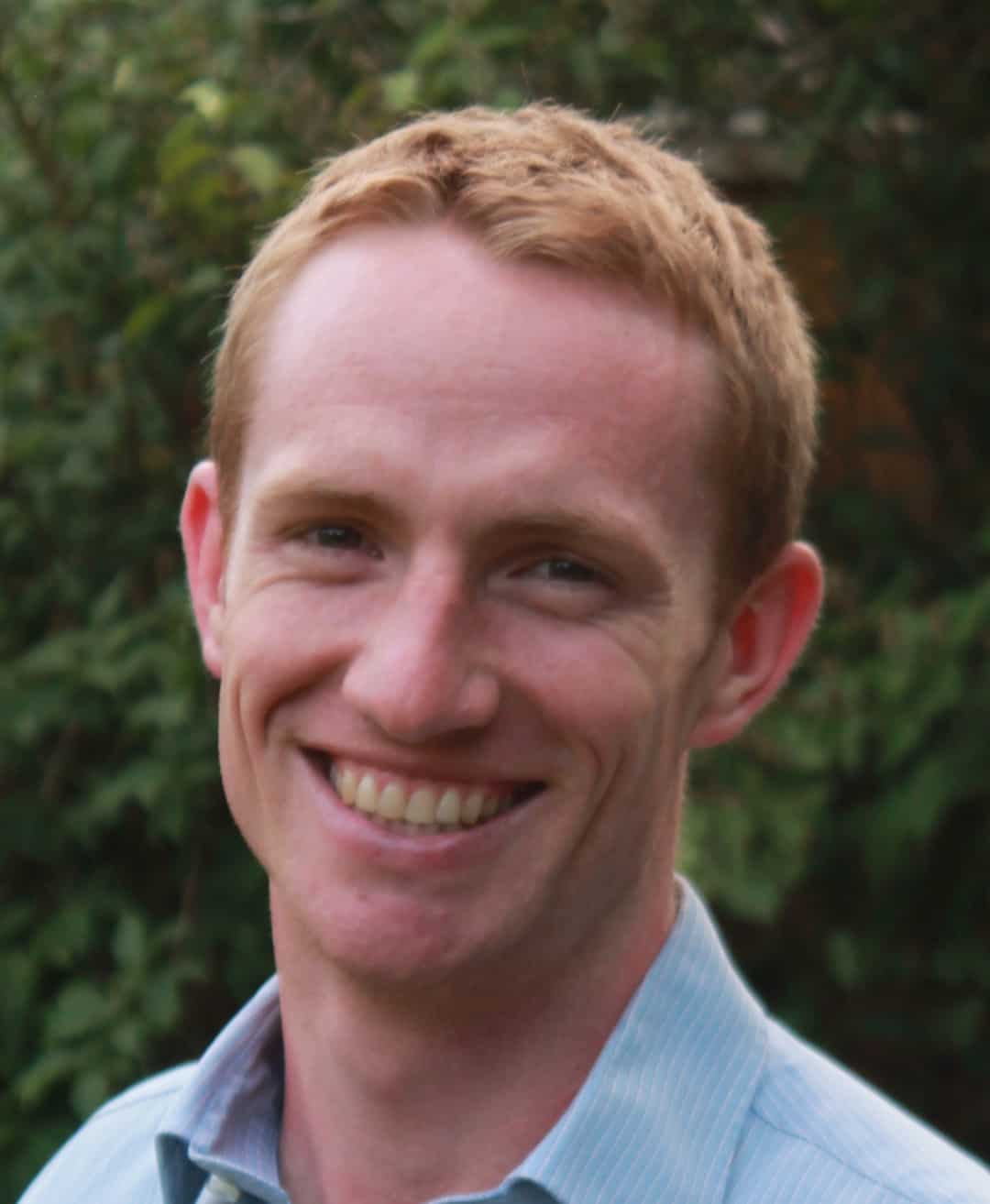This blog is also posted on the CityMetric pages…
Around England, new mayors of various political creeds are settling into their new roles, and figuring out how to start making their mark. As they do so, they would be well served to look across the Atlantic for inspiration.
But they should raise their eye line a little beyond the big-money mayoral news stories of recent years in New York and so on. Instead, they should level their gaze on a little grassroots campaign established by Naheed Nenshi, the mayor of Calgary, in the Canadian province of Alberta.
Nenshi’s rise is a political case study worth understanding for many reasons: an ex-McKinsey consultant, community organiser and professor of non-profit management, he is the first Muslim mayor of a North American city, an independent who rejected both left (red) and right (blue) to create his own grassroots “purple revolution” election campaign.
His rise from obscurity at the start of the 2010 campaign was meteoric: polling at 8 per cent just a month before the election, he went on to mayoralty with 39 per cent of the vote. In 2013, he was re-elected with an astonishing 74 per cent. He has clearly got quite a lot right.
The thing I want to focus on, though, is a campaign Nenshi and his team launched a few months after taking office. It costs them less than C$10,000 a year (a little under £6,000) to run; and Nenshi himself sees it as core to the reinvigoration of the city of Calgary which he is so proud to have been part of.
It’s called ‘3 Things for Calgary’, and it’s as simple as it sounds: an invocation to every citizen to do three things for their city, and share them with one another. By carrying around a big green foam ‘3’ with him wherever he goes, what Nenshi has done in essence is to create a 21st century, Facebook-friendly, meme version of JFK’s famous invocation: “Ask not what your country can do for you, ask what you can do for your country.”
The keys to the campaign’s success are Nenshi’s tone when he talks about it, and his energy in supporting it. It’s not about preaching or requiring action; rather, it’s about celebrating what he knows full well people are already doing for each other, for their communities, and for the city as a whole, but maybe keeping to themselves. He’s giving them permission and validation both to shout about it and to do just a little bit more.
This openness is worth emphasising: it’s not about specific actions dictated or arranged by the city, but about whatever each individual is doing and wants to do. As Nenshi says: “It’s about creating an ongoing movement and motivation for citizenship, based on the understanding that citizenship is nothing to do with the piece of paper that you may or may not have from the government: it has to do with your participation.”
The campaign started small, focusing at first on engaging the city’s schoolchildren, and then moving onto their parents. This set the tone for creative response and sharing of the actions and pledges – which has continued, as a quick look at the website reveals – and was fuelled by tireless personal support from Nenshi himself. “We go out of our way,” he says, “to celebrate people who are doing good things in our community, and we take a giant foam ‘3’ along with us. It’s pretty much as simple as that.”
That’s underplaying it a little – there are big piles of pin badges involved as well – but not much. “This campaign puts both permission and expectation in the hands of the citizen. What do you care about, and what needs to be done? You do what you can about it, and we’ll come support you and draw attention to it.”
The response to a lamentation that there are no festivals in the suburbs because they all happen in the city centre is a perfect case study: the mayor’s response was: “Start one then, and invite me.” Nenshi attended (with his ‘3’), so did the press, and the local festival scene soon hit a rich vein of energy.
Of course, there are issues that need bigger interventions. The campaign is not an urban panacea, and Nenshi and his team would be the first to say that there are many big, entrenched, systemic issues that they’re working on that go way beyond its direct reach.
But the genius of ‘3 Things For Calgary’ is that it creates an entirely different context for these efforts. At a fundamental level it completely changes the conversation between administration and citizens, dissolving the division between ‘us and them’ and saying “let’s make this place better together.” Power is shared, and channelled back through the people, who feel enabled, validated and motivated – not (under)served.
Nenshi and his team have no qualms about other cities copying the campaign; indeed, they’re actively encouraging it, this year dedicating themselves to supporting ‘3 Things For Canada’ in celebration of the nation’s 150th anniversary. With the price of change limited to a few thousand pounds, some time spent with constituents, and a few big foam ‘3’s, here’s hoping some of England’s new mayors are listening.
Help us lay the intellectual foundations for a new radical politics. Sign up to get email notifications about anything new in this blog.




